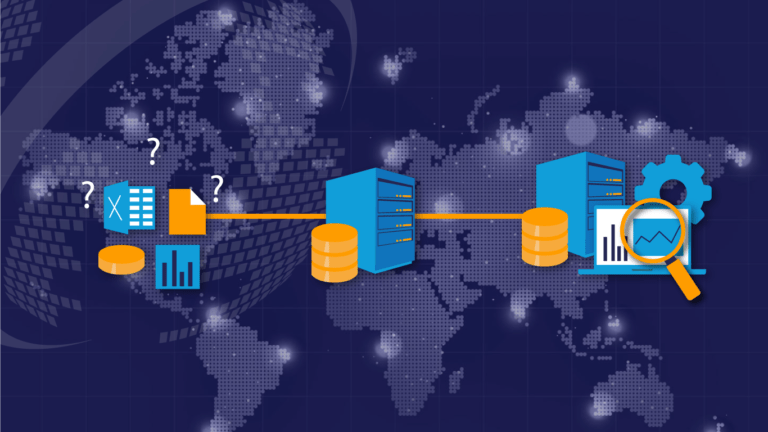Data is at the heart of every business, but as the amount of data grows, it becomes increasingly difficult to manage and analyse effectively. This is where data warehousing comes in. In this blog post, we’ll take a closer look at what data warehousing is, how it works, and why it matters.
What is Data Warehousing?
At its core, data warehousing is the process of collecting, storing, and managing large volumes of structured and unstructured data. A data warehouse is a central repository that allows businesses to store and analyse data from multiple sources, including operational systems, external data sources, and third-party providers.
Data warehousing solutions are designed to provide businesses with a comprehensive view of their data, which can be used to drive better decision-making, improve operational efficiency, and identify new opportunities for growth.
How Does Data Warehousing Work?
Data warehousing solutions are typically designed around a schema that defines the structure and relationships of the data within the warehouse. Data is collected from various sources and loaded into the warehouse, where it is organized, transformed, and optimized for analysis.
Data warehousing solutions use a variety of techniques to manage and optimize data, including indexing, partitioning, compression, and aggregation. These techniques are designed to speed up data retrieval and analysis, while minimizing the impact on system performance.
Why Does Data Warehousing Matter?
Data warehousing is a critical component of any modern data strategy. It allows businesses to centralize their data and make it accessible to stakeholders across the organization. This can lead to better decision-making, improved operational efficiency, and increased competitiveness.
Data warehousing also provides businesses with a foundation for advanced analytics and data science. By consolidating data from multiple sources into a single repository, businesses can more easily identify patterns and trends that would be difficult to see otherwise.
In addition, data warehousing can help businesses comply with regulatory requirements and ensure data security. By centralizing data in a single repository, businesses can more easily manage access controls and monitor data usage, reducing the risk of data breaches and other security incidents.
Conclusion
Data warehousing is a powerful tool that can help businesses of all sizes and industries unlock the full potential of their data. By providing a centralized repository for data storage and analysis, businesses can make better decisions, improve operational efficiency, and identify new opportunities for growth.
At DigitSilo, we specialize in designing and implementing data warehousing solutions that are tailored to the unique needs of each business. Contact us today to learn more about how we can help you take your data strategy to the next level.







